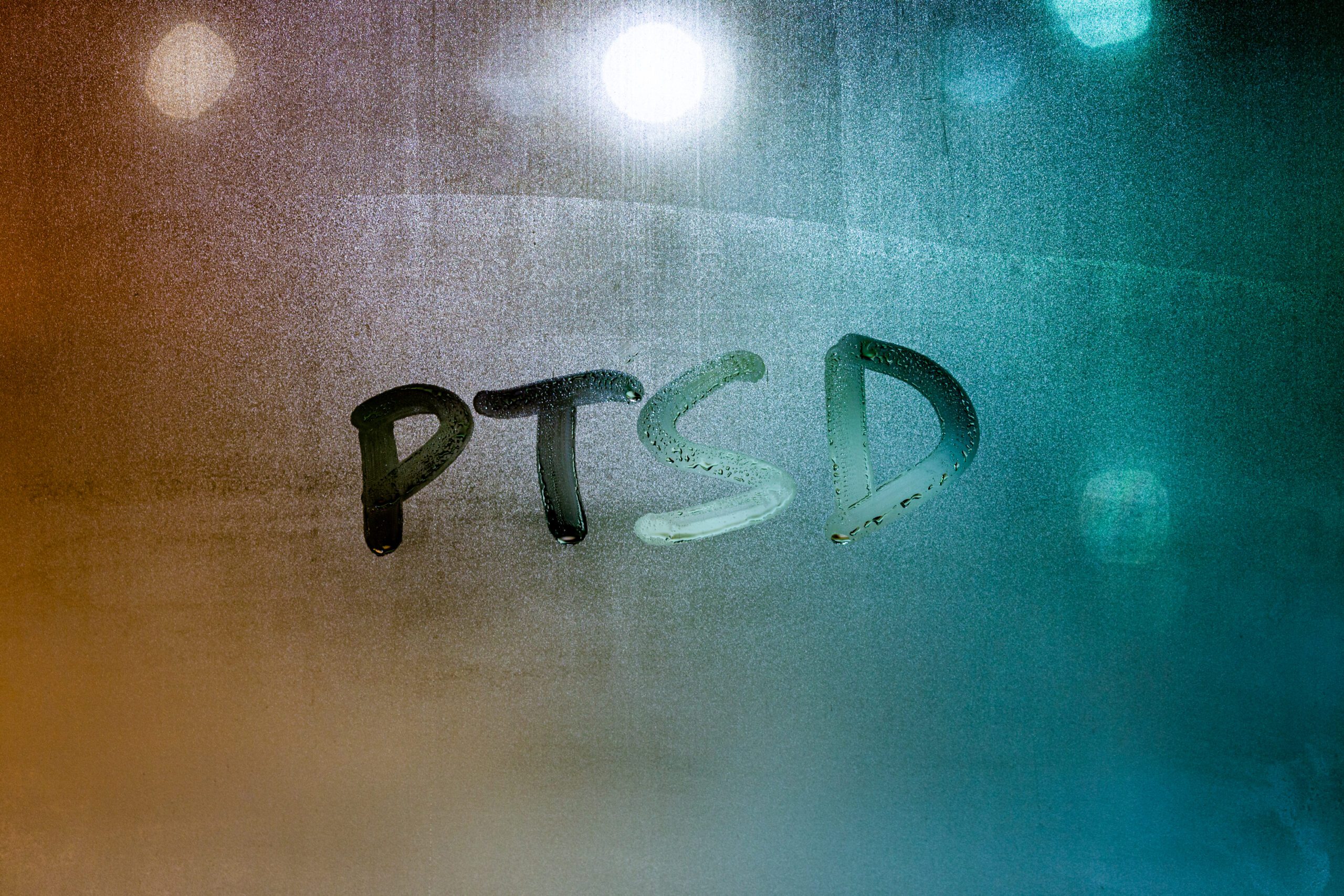Psychological injuries like PTSD (post-traumatic stress disorder), emotional trauma, insomnia, depression, or phobias that are caused by a car crash are often overlooked by plaintiffs when they are seeking compensation.
When you have a legitimate emotional or psychological injury that was caused by the crash and that can be proven with medical testimony, you are entitled to full and fair compensation for that injury as well as any physical injuries and other categories of damages like pain and suffering.
In this article, we will discuss compensation for psychological injuries after a car wreck, including:
- When psychological injuries like PTSD are compensable,
- The difference between psychological injuries and pain and suffering damages,
- Why insurance companies do not want to pay damages for psychological injuries, and
- How to get full and fair compensation including compensation for your psychological injuries after an auto accident.
Are Psychological Injuries Like PTSD Compensable After a Car Accident?
Psychological injuries like PTSD are common after auto accidents, but they are often “hidden injuries” with symptoms that don’t necessarily manifest immediately.
It is normal for a person to minimize their psychological trauma after an event like a car crash – no one wants to appear “weak” or unstable, and asking for help is hard.
A car wreck is a violent and traumatic event, however, that may cause severe psychological symptoms like:
- Post-traumatic stress disorder (PTSD),
- Emotional trauma,
- Stress,
- Nightmares,
- Insomnia,
- Depression, and
- A phobia of driving or being in a car, leaving the crash victim unable to drive.
What are the Symptoms of PTSD After a Car Wreck?
Post-traumatic stress disorder (PTSD) caused by an auto accident can result in symptoms including:
- Repetitive and distressing memories of the event where the person feels as if they are “reliving” the traumatic experience over and over,
- Recurring distressing dreams about the event,
- Flashbacks where the person feels like the traumatic events are recurring,
- Psychological distress when the person is exposed to “cues” that remind them of the traumatic event (getting into an automobile, for example),
- Physiological reactions to cues that remind the person of the traumatic event,
- An inability to remember some or all of the event,
- Persistent negative emotions about oneself, other people, or the world,
- Persistent, distorted blame of oneself or others regarding the traumatic event
- Persistent, fear, horror, shame, or guilt,
- Diminished interest in participating in significant activities,
- Feelings of detachment or estrangement from others,
- Persistent inability to experience positive emotions,
- Irritable or aggressive behavior,
- Reckless, self-destructive behavior,
- Hypervigilance,
- An exaggerated “startle response,”
- Difficulty concentrating, or
- Difficulty sleeping.
If you are experiencing any of these symptoms after an auto accident, seek help immediately. It is okay to ask for help, these are normal symptoms for car crash victims, and the costs of therapy to treat psychological injuries that were caused by the crash may be recovered as part of your car accident case.
Pain and Suffering
Although both are “non-economic damages,” “Pain and suffering” is a separate category of damages from psychological injuries, and they should be calculated separately.
Pain and suffering “compensates the injured person for the physical discomfort and the emotional response to the sensation of pain caused by the injury itself.” See, Boan v. Blackwell.
Damages for psychological injuries are above and beyond the damages you receive for physical pain and suffering and are proven through the testimony of a mental health expert.
Insurance Companies Do Not Want to Pay Damages for Psychological Injuries or PTSD
Insurance companies do not want to pay damages for psychological injuries. Insurance companies do not want to pay any damages, and they will attempt to deny your claim, deny parts of your claim, or minimize your damages in every way possible.
Do not let an insurance agent tell you that PTSD is not compensable, or that psychological injuries are included in your pain and suffering damages. Talk to your Myrtle Beach car accident attorney about the damages you are entitled to receive as part of your case and do not “leave money on the table.”
How to Demand Compensation for PTSD or Other Psychological Injuries After an Auto Accident
Whether your injuries are physical, psychological, or involve property damage, you will need to prove that they exist, that they were caused by the defendant, and how much compensation you are owed for them.
To prove that you were injured psychologically, you must seek professional help as soon as you experience symptoms of PTSD or other psychological distress – you are entitled to compensation for the costs of therapy as well as the impact that the injury has had on your daily life.
If you have questions about whether you are entitled to compensation for a psychological injury after a car crash, call your Myrtle Beach auto accident lawyers at Coastal Law.
When you call our office, we will:
- Schedule an appointment for a free consultation,
- Answer your questions,
- Investigate your car accident,
- Gather evidence of liability using expert witnesses when necessary,
- Gather your medical records including documentation of your psychological injuries,
- Demand full and fair compensation from the insurance companies,
- File a lawsuit when the insurance company does not pay, and
- Litigate your case through a jury trial when necessary to collect full and fair compensation for your injuries.
Questions About Psychological Injuries and PTSD?
If you are not documenting and demanding full and fair compensation for all non-economic damages, including psychological injuries, you may be leaving money on the table. The Myrtle Beach personal injury lawyers at Coastal Law will help you to demand full and fair compensation, which includes damages for PTSD caused by the car crash.
Ready to speak with a personal injury attorney? Call us now at 843-488-5000 for a free consultation or use our online form.



